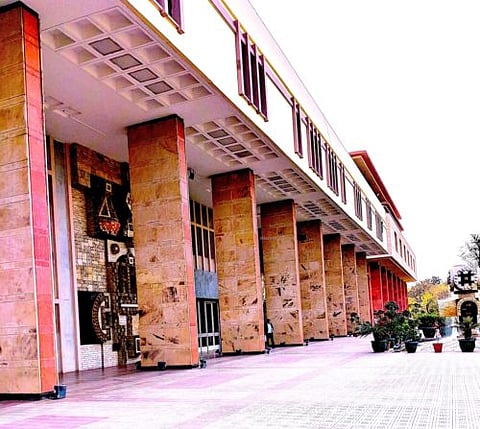
- News
- Columns
- Interviews
- Law Firms
- Apprentice Lawyer
- Legal Jobs
- हिंदी
- ಕನ್ನಡ

The Delhi High court has quashed the summon issued to five officers of Unitech Ltd in connection with Unitech’s failure to re-pay deposits of Rs. 603 crore taken from 56,436 investors.